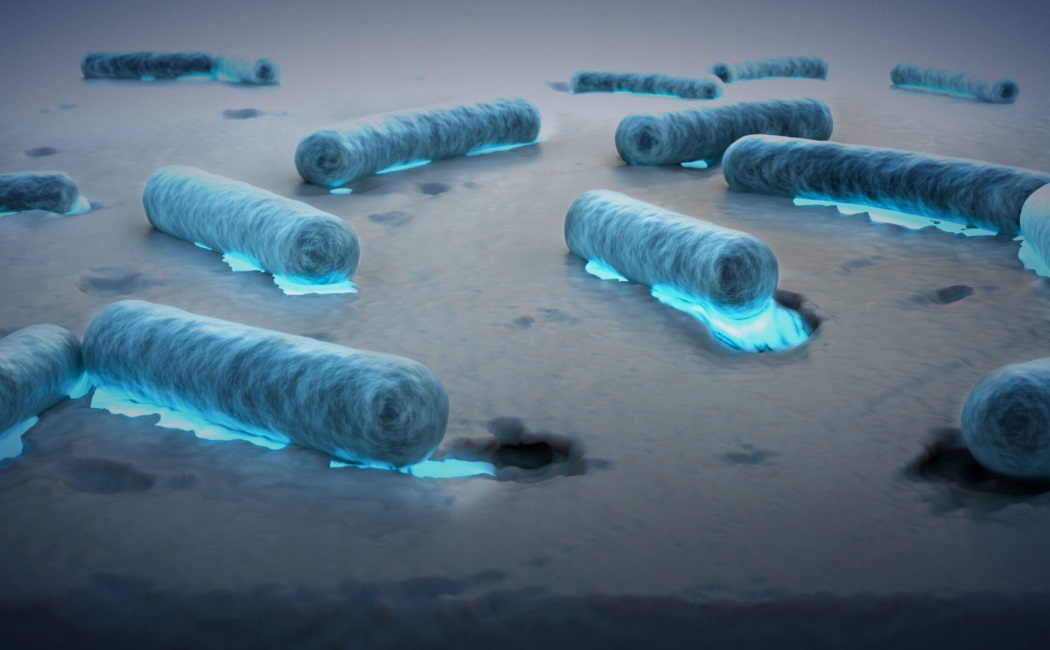
Plastic-munching bacteria found across the seven seas
09 September, 2025
Deep within the world’s oceans lurk marine bacteria armed with plastic-munching enzymes, their evolution seemingly sculpted by our synthetic castaways.
A global survey of oceanic life from researchers at KAUST shows that these microbial recyclers are not only widespread, but genetically primed to feast on polyethylene terephthalate (PET), the durable polymer found in everything from soda bottles to clothing.
Their secret weapon is a telltale structural stamp on the PET hydrolase enzyme, known as PETase: the M5 motif.
“The M5 motif acts like a fingerprint that tells us when a PETase is likely to be functional, able to break down PET plastic,” explains Carlos Duarte, a marine ecologist and co-leader of the study. “Its discovery helps us understand how these enzymes evolved from other hydrocarbon-degrading enzymes,” he says. “In the ocean, where carbon is scarce, microbes seem to have fine-tuned these enzymes to make use of this new, human-made carbon source: plastic.”